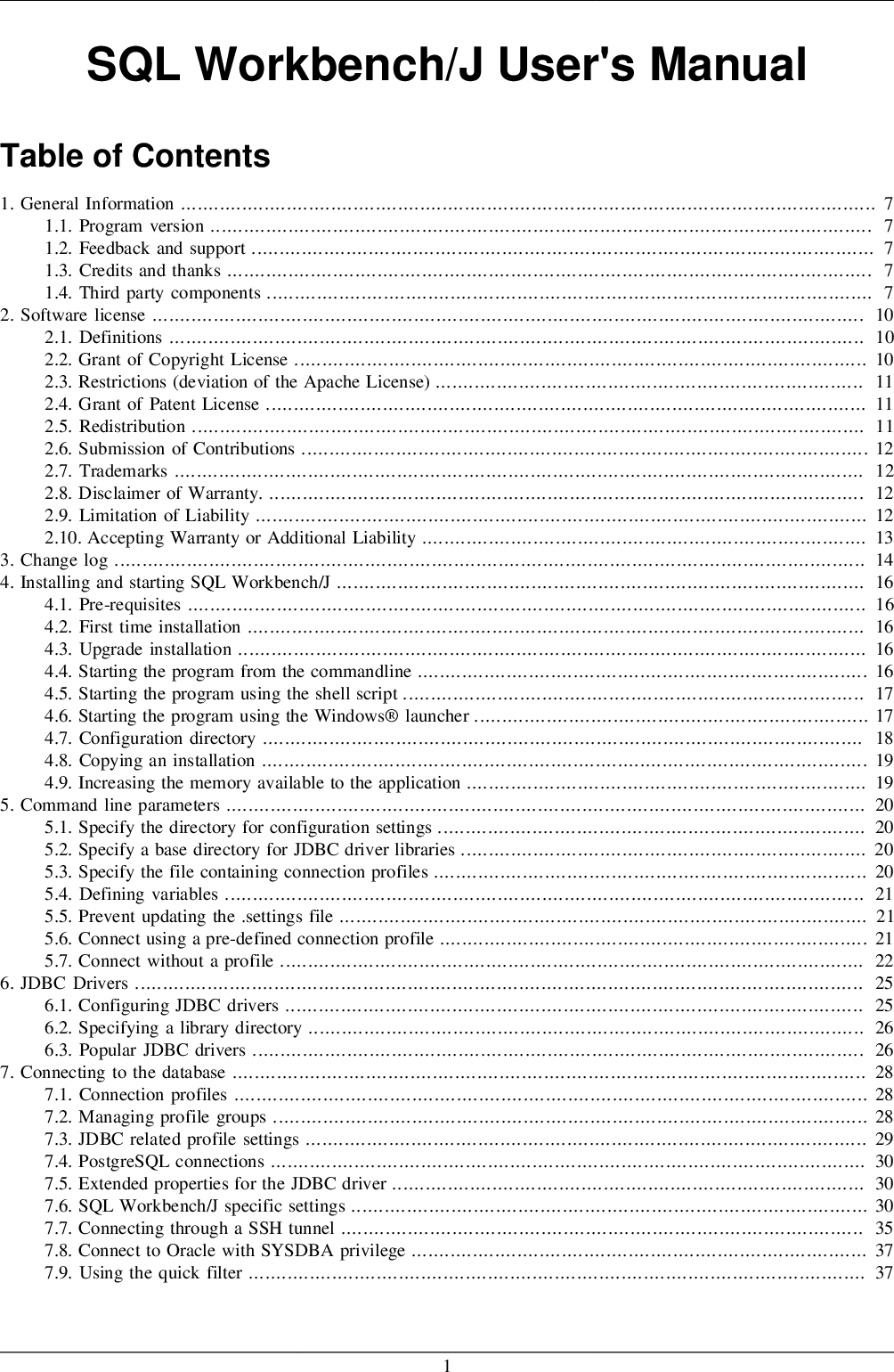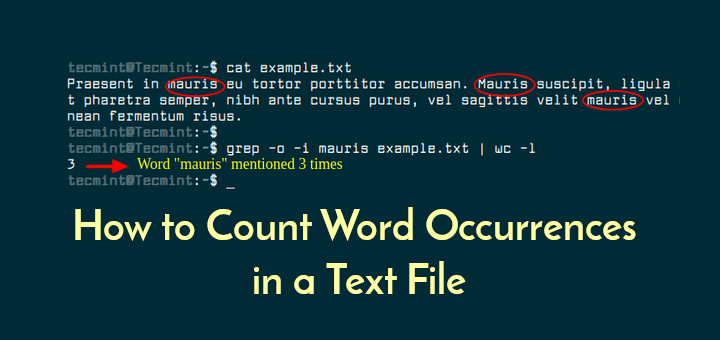
- Linux how to search for text in files manual#
- Linux how to search for text in files Offline#
- Linux how to search for text in files free#
Linux how to search for text in files free#
Redirection - Spooling output to a file, piping input.Īgent Ransack - Free File Searching Utility.Įquivalent PowerShell: Where-Object - Filter objects passed along the pipeline.Įquivalent bash command (Linux): awk/ gawk - Find and Replace text within file(s). “For my art, there is a common theme most of the time: it is using the things we can see to search for the world we cannot see” ~ Cai Guo-QiangįINDSTR - Search for strings in files, supports regular expressions.ĪTTRIB - Find filename (rather than searching the file contents.) The /v flag reverses the test, so now it matches everything and then /c returns the count: C:\> TYPE myfile.txt | FIND "" /v /c The empty string "" is treated as never matching. To search a folder for files that contain a given search string: C:\> FOR %G IN (*.txt) do (find /n /i "SearchWord" "%G")Ĭount the number of lines in a file (like wc -l on unix). You can also redirect like this C:\> FIND /i "Shameika" logfile.txt If you want to pipe the output from a command into FIND use this syntax C:\> TYPE names.txt | FIND "Shameika" To search for "Shameika" in names.txt C:\> FIND "Shameika" names.txt Shameika James, 127 Scotland Street, Edinburgh If names.txt contains the following: Joe Bloggs, 48 Main St, Dunoon

Return) This makes it of limited use in searching binary or XML file types.Īn empty string "" will normally match nothing, with the /v flag reversing the test, to match everything, but this will fail for any lines longer than 4091 characters long. That is positioned more than 1070 characters along a single line (with no carriage Limitationsįind does not support wildcards, use FINDSTR instead.Īlthough FIND can be used to scan large files, it will not detect any string ErrorlevelįIND will return an ErrorLevel as follows:Ġ String found in at least one of the files.Ģ If any files in the list do not exist or if no files match a wildcard mask. The FIND command will output a string of 10 dashes - followed by the filename being searched, followed by any matching lines of text in the file. This is in addition to enclosing the entire string in quotation marks: "The ""main"" event" If searching for text that contains double quote characters ", they must be escaped by doubling to "" Or will accept text piped from another command. If a is not specified, FIND will prompt for text input
Linux how to search for text in files Offline#
] Do not skip files that have the offline attribute set. I Ignore the case of characters when searching for the string.

C Count the number of lines containing the string. V Display all lines NOT containing the specified string. A drive/file(s) to search ( wildcards accepted). " string" The text string to find (must be in quotes). Its command structure is as follows.Search for a text string in a file & display all the linesįIND " string" Its name is derived from the ed command g/re/p that stands for “globally search for a regular expression and print matching lines.” It’s available on any modern Linux distro. In Linux, grep is the default tool for searching texts.
Linux how to search for text in files manual#
As for manual search, any modern text editor will do the job. Grep comes pre-installed on any Linux distro. However, if there are hundreds of text files, then the automated search is the most efficient.įor automated search, we’ll be using grep. If you have to work with a couple of text files, the manual search is more suitable. Finding text in filesĭepending on the number of files you have to perform a search on, there are two ways to perform the text search: automated or manual. Check out how to find texts in files in Linux. The grep command is primarily used to search a text or file for lines that contain a match to the specified words/strings.

It’s possible using both built-in tools and 3rd-party apps. In the case of Linux, there are numerous methods to find texts in files. Maybe need to find a specific section from piles of log files for troubleshooting something? Or, need to find the document that contains essential information quickly? For a system administrator, working with text files is a common phenomenon.


 0 kommentar(er)
0 kommentar(er)
